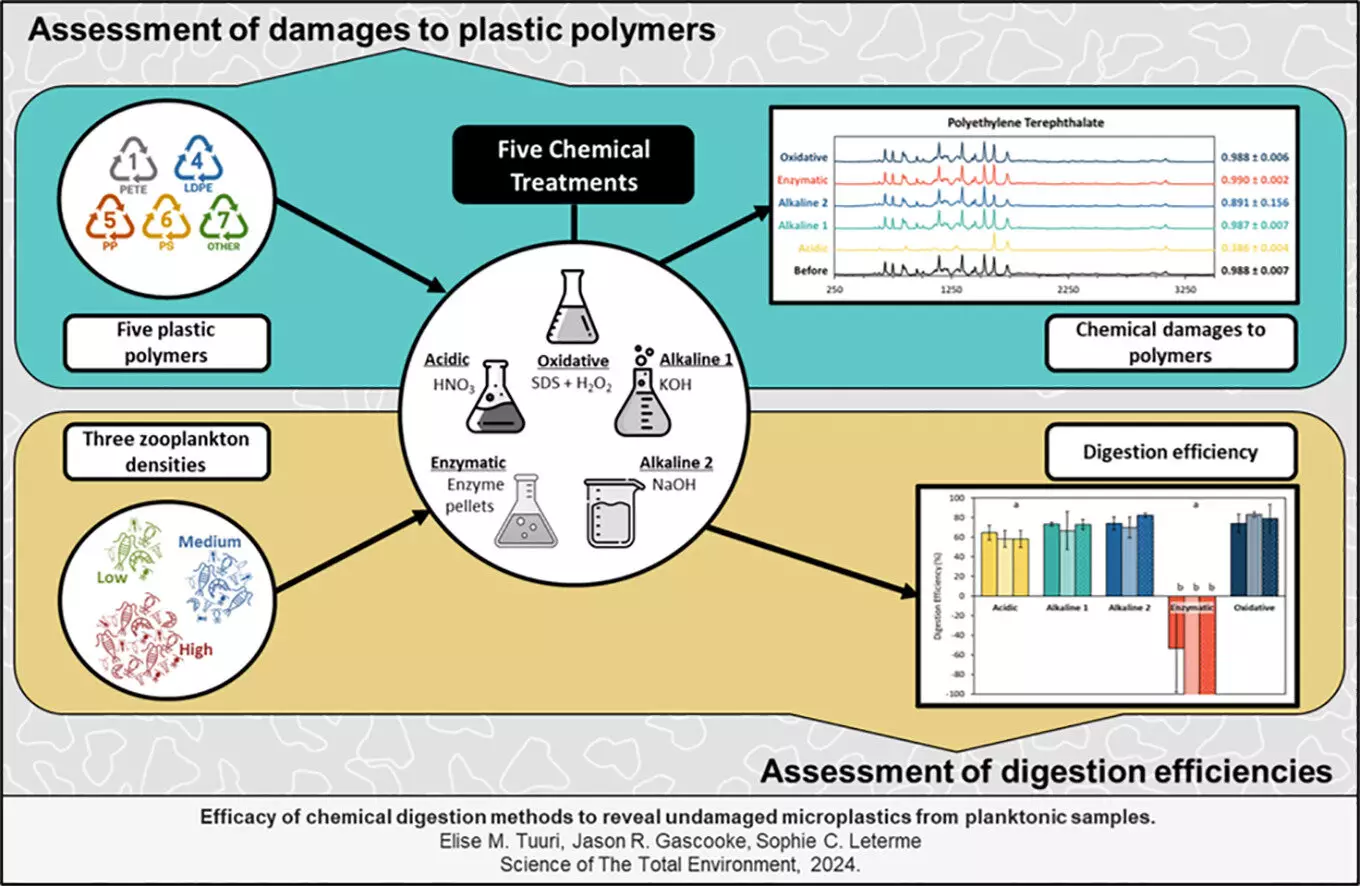In recent years, microplastic pollution has emerged as one of the most pressing environmental issues facing our oceans. With an astonishing amount of plastic waste infiltrating marine ecosystems, researchers at Flinders University are making strides to understand the implications of this pervasive problem. By investigating the interaction between microplastics and marine plankton, particularly zooplankton, scientists hope to illuminate the detrimental effects of plastic waste on marine life and, ultimately, human health. The findings of their research, recently published in the *Science of the Total Environment*, underscore the urgent need for innovative assessment and management strategies to combat this escalating crisis.
Understanding the Impact on Marine Food Webs
Microplastics, defined as plastic particles smaller than 5 millimeters, have been detected in various marine environments, ranging from pristine shorelines to the most remote depths of the ocean. Flinders University Ph.D. candidate Elise Tuuri highlights that these pollutants are not merely an aesthetic concern; they pose dire risks to marine ecosystems and the intricate food webs that they support. The ingestion of microplastics by fish and shellfish raises alarming questions about the safety of seafood consumption. As plastic debris accumulates, it has the potential to disrupt not just individual species but entire ecosystems, ultimately affecting human populations reliant on these marine resources.
The research team employed controlled laboratory conditions using cultured zooplankton to delve into the effects of various chemical digestive aids on common plastics. The study assessed five different types of plastics—polyamide, polyethylene, polyethylene terephthalate, polypropylene, and polystyrene—subjecting them to five distinct chemical treatments: acidic, two alkaline alternatives, enzymatic, and oxidative. This systematic approach allowed researchers to evaluate the extent of damage inflicted on the physical and chemical properties of these prevalent pollutants. Professor Sophie Leterme, a co-author of the study, emphasizes that understanding the interaction between microplastics and digestive aids is pivotal in gathering substantial data on these harmful particles.
The alarming increase in plastic production—rising from a mere 2 million metric tons in 1950 to an expected 380 million by 2015, with projections to triple by 2050—compounds the urgency for effective mitigation strategies. By elucidating the relationship between microplastics and marine organisms, researchers at Flinders University aspire to develop comprehensive strategies for environmental management. The documentation of microplastic abundance, facilitated by the innovative methodologies explored in their research, is paramount for assessing environmental and health implications. This foundational knowledge will pave the way for informed policy decisions and public awareness campaigns aimed at curbing marine pollution.
As the threat of microplastic pollution looms larger, it is evident that collective action is necessary to preserve marine ecosystems. While the studies conducted by Flinders University contribute significantly to our understanding of this issue, ongoing research and innovative practices must be prioritized to ensure a sustainable future for both marine life and human health. In confronting plastic pollution, we must embrace the challenge to foster effective strategies that reduce our reliance on plastics and safeguard our oceans for generations to come.


Leave a Reply